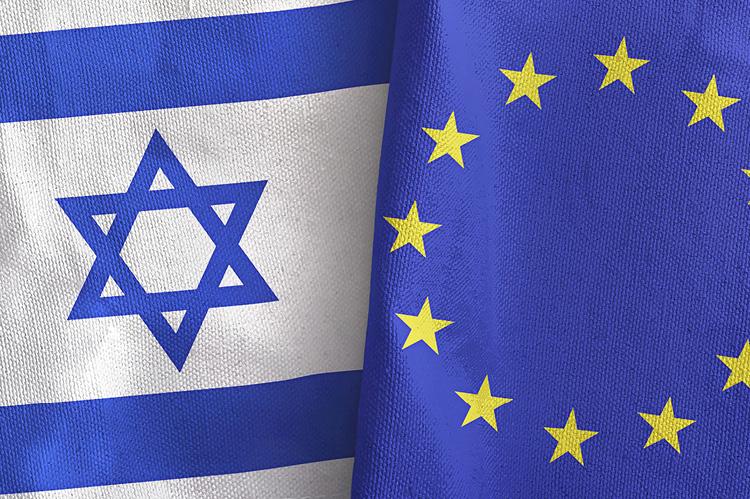Israel Gas Pipeline Could Supply Europe, Chevron CEO Announces

Talks of the EastMed pipeline, a sub-sea pipeline in the Mediterranean that could carry gas from Israel to European customers, has been revived amid gas shortage and skyrocketing prices in Europe following Russia’s attack on Ukraine.
The EastMed pipeline was first announced in 2016, aimed at transferring natural gas from Israeli waters to Europe through Cyprus and Greece. Since then, the three countries have signed multiple agreements.
Speaking at the CERAWeek energy conference on Monday, March 7, Chevron Chief Executive Officer Michael Wirth downplayed multiple concerns raised over the global oil supplies due to the ongoing war in Ukraine and the possibility of energy crisis.
The €6 billion pipeline project was initially scheduled for 2025 but no financing has been achieved so far. Recently, the US informed Israel, Cyprus and Greece that it no longer favored the EastMed project last January, saying that it needed to allow future exports of electricity generated by renewable energy sources to benefit nations in the region.
Since mid-February, fuel prices have risen to extreme highs amid sanctions on Russian energy imports. As on Monday 7th March, Brent Crude breached $130 per barrel, attaining a 30% rise since mid-February.
Following this trend, the viability of the pipeline could be revisited due to fears of a looming energy crisis. The EastMed pipeline is however, not the only new initiative on energy being undertaken in Israel as the EU in January invested $732 million for connection of the electricity networks of Cyprus and Greece.
